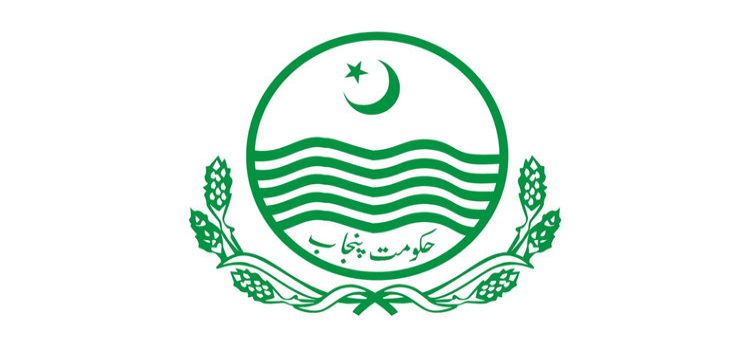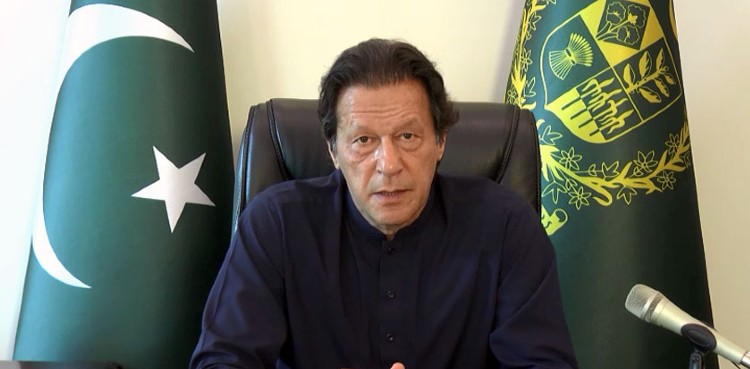The World Bank has asked Pakistan to tax the agricultural and real estate sectors and recommended the merging of salaried and non-salaried class thresholds for a progressive Personal Income Tax (PIT).
The lender has projected that if agriculture income and properties tax is enforced properly then it could fetch 3% of GDP in the tax collection on an annual basis, equivalent to slightly over Rs3 trillion.
The World Bank is also expecting its Executive Board to green light $350 million for Pakistan under RISE-II but no date for a meeting is confirmed yet.
At the moment, the salaried income threshold of Rs600,000 on an annual basis is exempted while for non-salaried income, the exempted limit is standing at Rs400,000 per annum.
“Pakistan is in a very difficult situation as its fiscal deficit is unsustainable. There is a need to undertake a combination of measures to generate revenues and reduce expenditures. We are recommending to tax rich and wealthy while protecting the poor,” the World Bank’s lead economist in Pakistan Tobias Haque said while briefing a select group of reporters alongside WB’s Country’s Country Director Najy Benhassine.
“We recommend that Pakistan simplifies its income tax structure, including aligning the income tax structure for salaried and non-salaried individuals ensuring progressivity.”
The World Bank certainly does not recommend any reduction in the current nominal threshold.
The previous analysis included in the Public Expenditure Review using 2019 data suggested that a reformed income tax structure could include a lower exemption threshold for salaried individuals, but this analysis would need to be updated to take account of recent inflation and labour market changes to make sure low incomes are not affected.
The recommendation in the Pakistan Development Update should have been clearer on the need for new analysis needed on more recent data to inform this reform.
To a question on whether the lender recommended the same income tax structure for salaried and non-salaried individuals, Haque backed the idea but explained that the change should be introduced over time, as part of a broader tax reform. He also explained that the burden should fall on higher income brackets.
The economist stated that the World Bank has suggested a comprehensive tax package and expenditure reforms to cut down the unsustainable fiscal deficits.
He added that the lender has consistently emphasised that the poor should be protected during the reform process by increasing the social protection expenditures.
Haque explained that the reforms should include cutting down subsidy expenditure, closing regressive tax exemptions, and increasing taxation of high-income earners, including via improved taxation of agriculture, property, and retail sectors.
He added that the reform should increase progressivity of the system.
Responding to a query if the World Bank recommended lowering the current exemption threshold for income tax for salaried workers earning below the current Rs50,000 monthly threshold, the lead economist said, “No. The World Bank certainly does not recommend any reduction in the current nominal threshold. We recommend that Pakistan simplifies its income tax structure, including aligning the income tax structure for salaried and non-salaried individuals, while ensuring progressivity.”

















































